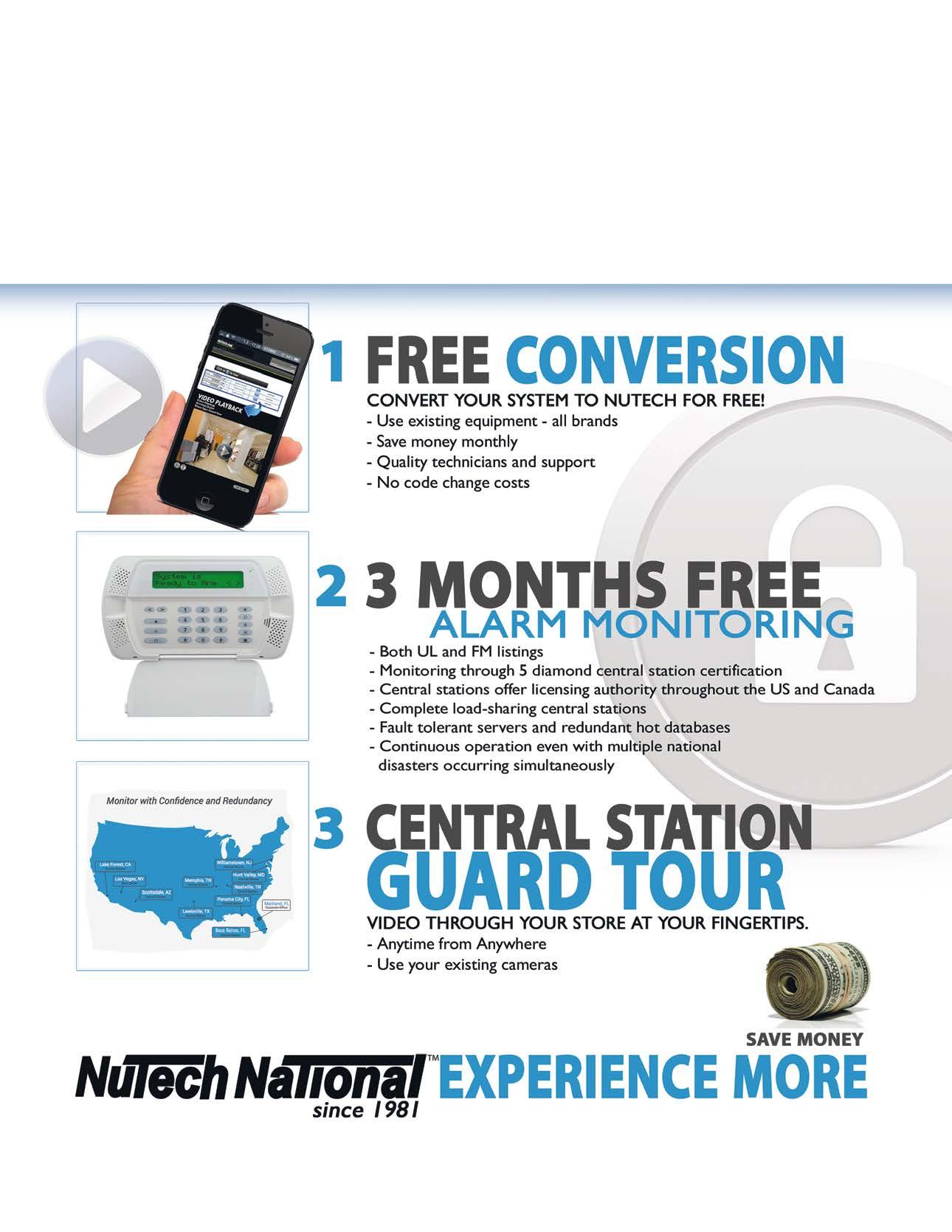PARTING WORDS
Change
Jim Lee, LPC Executive Editor
You Reap What You Sow
N
ow for all of you farmers, landscapers, or agronomists out there who have turned to a career in loss prevention, you understand that you always prepare the earth before planting. You turn the soil, fertilize it, and then give it some water. Only then are you ready to plant. It seems to me to be the same process when planting seeds of change in your LP department. You’ve got to prepare the soil if you expect the change to take root and grow. Some don’t do the digging necessary, but rather go for the buy-in on a new program after they have introduced it. That seems like the five-cent approach to me and backward. Let’s take a look at a pair-of-dimes approach to cultivating change within loss prevention. Over the past several weeks I have spent considerable time studying three organizations, two of which are the pair of dimes and the other is the nickel group.
A Pair of Dimes and a Nickel
The dime groups had two essential characteristics in common—trust and caring. The LP team trusted the boss and the environment, and they felt cared about and acknowledged. Where LP management treated its people with respect and understanding, told the truth, and kept their word, the people were more positive about change, open to innovation, and more engaged with the forthcoming changes. Caring comes from treating individuals with respect and empathy, and acknowledging their efforts and contributions. In the nickel group you could hear people say, “The department I work for lacks trust,” and “You just cannot rely on your worker partners because the company is forcing them to perform beyond one’s limits,” and “Everyone is looking out for themselves and not the good of the company.” You can make the choice to trust each other, work together, and grow and succeed or to take the path of adversarial relationships and fail. If you give your people freedom and empowerment and hold them accountable, they will be fair in return. If you show them that their input and decisions are trusted and valued...and truly mean it...you will have the best people can give.
The dime groups believe that trust is fragile. It has taken them a long time to establish, and they realize that it can be lost in a split second. A working relationship can crumble by not delivering on a promise or by getting caught in a lie. Once lost, it is much harder to reestablish. Lies do have long lives. The dime groups believe that caring about the people and making them feel meaningful is an essential part of the job. While the nickel group thinks that caring is a soft concept and a naive approach to tough-minded and sometimes ego-driven LP leadership. When you ask your people to make a change, you are asking them to take a risk and to jump into the fray. Some can worry that they may not have a job afterward. The dime groups are characterized by high levels of caring, thus the team is clearly loyal, more willing to adapt, and more responsive to challenges because they believe their interests are considered. It seems simple—the people care about the leadership team because the leadership team cares about them. In the nickel group changes are met with suspicion and five cents worth of compliance. Would you go to the wall or dive in a foxhole for a friend who did not care about you?
“I” and “We”
It seems so basic, but it is always evident to me that groups who adapt to change and strategically move forward are those who understand the difference between “I” and “we.” Talking “I” at a time when teamwork is so valued by the LP groups leaves the wrong impression. Most people see right through that individual arrogance. However, focusing on the team’s effort elevates one from their current role to the role of a leader. Instead of being a good performer, you can be seen as someone who knows how to run, direct, and guide a team. Focusing on the “we” is a good career move. “We” is an inclusive term, whereas “I” is exclusive. Inclusion builds loyalty, increases morale, and allows your team to accept change as a pair-of-dimes group would and not with the nickel approach.
Trust and Caring
Trust just can’t be bought; it’s got to be built a brick at a time and not just by mouthing the words. It is earned by companies and departments that demonstrate it through their actions of honesty, integrity, and openness.
78
MARCH - APRIL 2015
|
LPPORTAL.COM









